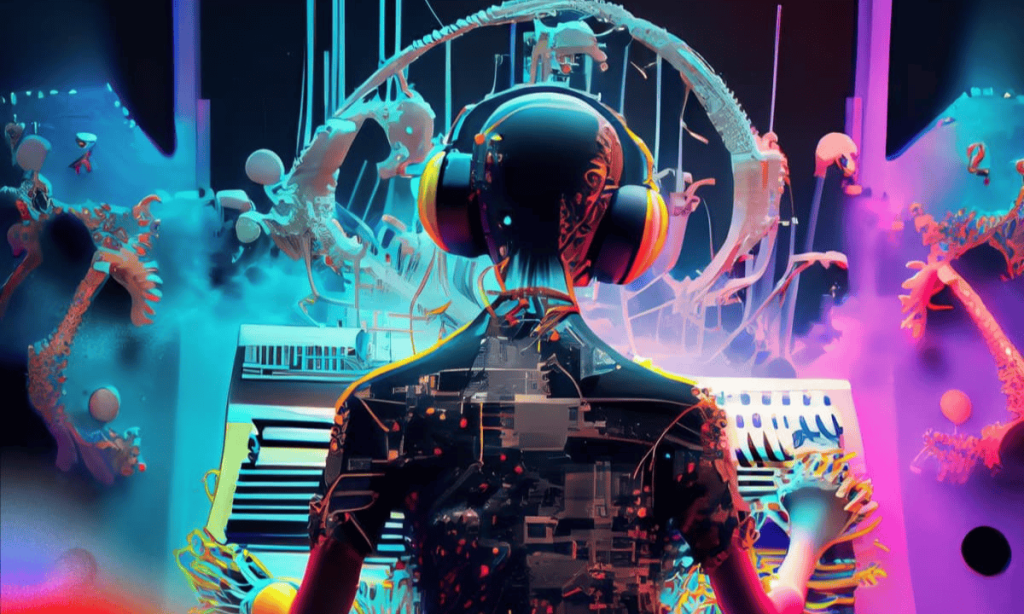
Introduction
Artificial Intelligence is redefining the boundaries of creativity, and one of its most fascinating applications lies in music. AI-generated music is transforming how songs are composed, produced, and consumed in the entertainment industry.
By using algorithms that analyze patterns, genres, and emotional tones, AI systems can now create melodies, harmonies, and full compositions that rival human-made works.
The Role of AI in Music Creation
AI in music creation works through machine learning models trained on massive datasets of existing compositions. These systems understand rhythm, chord progression, and style preferences, allowing them to generate original soundtracks or assist artists in composing new pieces.
Platforms like AIVA, Amper Music, and OpenAI’s MuseNet are prime examples of how AI can produce personalized and high-quality music across various genres.
This technology gives musicians more time to focus on emotional expression and storytelling while AI handles repetitive production tasks.
Impact on Creativity and the Entertainment Industry
AI-generated music is not meant to replace human creativity but to enhance it. In film, gaming, and digital media, AI compositions are helping creators find new ways to express ideas.
For filmmakers, AI tools can instantly generate background scores that fit a scene’s mood.
Game developers can create adaptive soundtracks that respond to player behavior in real time. Even independent artists use AI tools to explore new soundscapes and push creative boundaries that would otherwise be time-consuming or costly.
Challenges and the Future of AI Music
Despite its potential, AI-generated music raises questions about originality and copyright. Since AI learns from existing works, there are concerns about ownership and artistic authenticity.
However, as technology advances, legal frameworks and creative practices are evolving to address these challenges.
The future of AI in entertainment lies in collaboration—where human emotion and machine intelligence work hand in hand to produce music that resonates globally.
Conclusion
AI-generated music represents a new era of innovation in entertainment. It empowers creators with limitless possibilities, accelerates production, and inspires fresh forms of artistic expression.
As AI continues to evolve, it will shape the future of sound, redefining what it means to be creative in the digital age.
